US expands second health alert to 'countrywide' in China
The United States has issued a new health alert for its citizens in China – the second in less than two weeks – over allegations that American diplomats and their families may be the target of a spate of mysterious “sonic attacks.”
The State Department issued the alert on Friday, amid reports that some US diplomats have been experiencing traumatic brain injuries in China’s southern city of Guangzhou.
The alert calls on Americans to seek medical help in the event they suffered any "unusual, unexplained physical symptoms or events, auditory or sensory phenomena, or other health concerns.”
It called on US citizens to be attentive to symptoms including "dizziness, headaches, tinnitus, fatigue, cognitive issues, visual problems, ear complaints and hearing loss, and difficulty sleeping."
The alert was issued one day after the US brought home “a number of individuals” from its consulate in Guangzhou, for “further evaluation and a comprehensive assessment of their symptoms.”
The location of the health alert was changed to "countrywide" from Guangzhou that was the only location for the first health alert.
The first warning was issued in May, when a consulate worker in Guangzhou, allegedly experiencing various "physical symptoms" dating from late 2017 through to April 2018, was sent back home for medical evaluation.
Back then, the department sent a team to the Chinese city to examine other American staff and their families, and investigate possible links between their symptoms and those of US diplomats, who had allegedly suffered a spate of mysterious ailments in Cuba’s capital Havana last year.
The diplomat in Havana had also complained of symptoms including hearing loss, dizziness, visual impairment, headaches and fatigue. The incidents, which still remain unexplained, led to the withdrawal of most US personnel from the embassy in Havana.

The State Department described the Cuba incident as an attack, though both American and Cuban investigations have produced no evidence of any weapon.
Senior neurologists, however, suggested that mass hysteria may explain the cases in Cuba rather than “anything else.”
Mass hysteria is the popular term for outbreaks among groups of people, which are partly or wholly psychosomatic.
Chinese Foreign Ministry spokeswoman Hua Chunying said on Thursday that as far as she was aware the Chinese government had not had any formal communication with US officials on any new cases.
China’s Foreign Ministry said on Thursday that it had not been informed by the US about the new cases.
“If the United States communicates with us, we will adopt a responsible attitude to investigate this,” said Foreign Ministry spokesperson Hua Chunying.
She said the government had investigated the incident reported in May and found no suspicious activity or “clues that would lead to the situation mentioned by the United States.”
Foreign Minister Wang Yi also had described the incident in May as an “individual case,” and hoped it would not be “magnified, complicated or even politicized”.
Iranians rally nationwide in support of Operation True Promise
Raeisi: Operation True Promise ‘a necessary response’ to Israel
OIC slams US for blocking Palestine’s bid for full UN membership
US police arrest 108 pro-Palestine protesters at Columbia University
Top commander names four 'historic achievements' of Operation True Promise
VIDEO | Iranian attack and crisis of entity
UN chief: Israel’s war turned Gaza into 'humanitarian hellscape'
Meta's WhatsApp challenged for complicity in Israel’s Gaza genocide


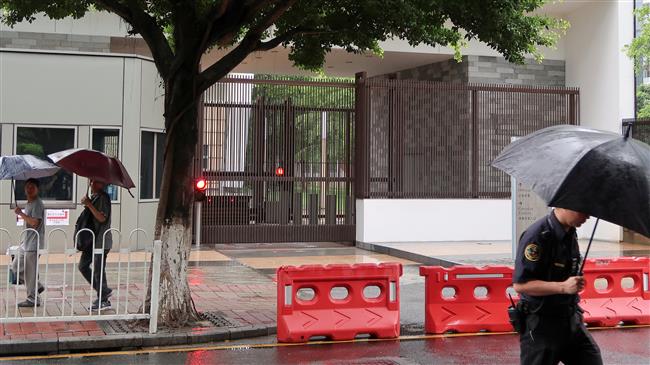
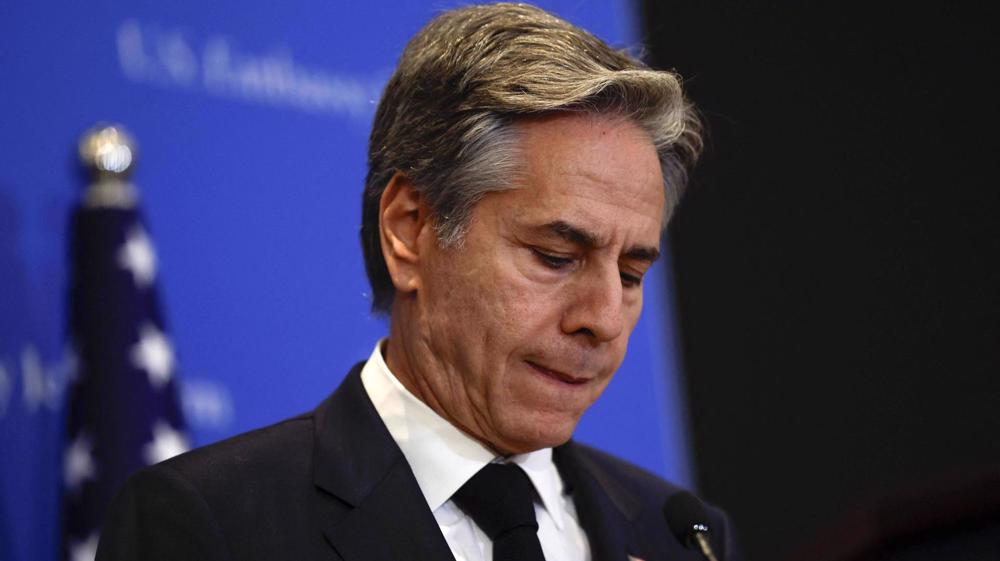
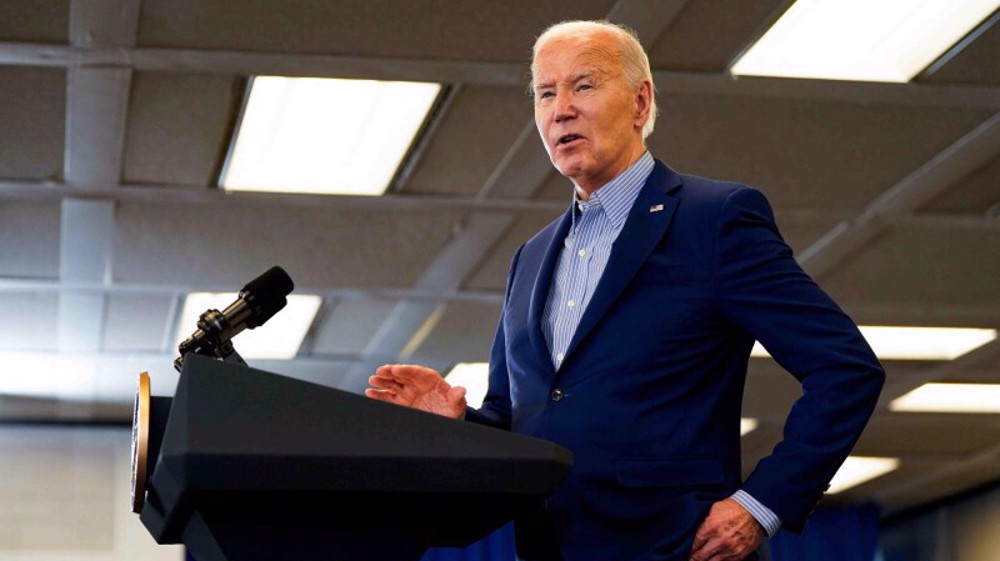
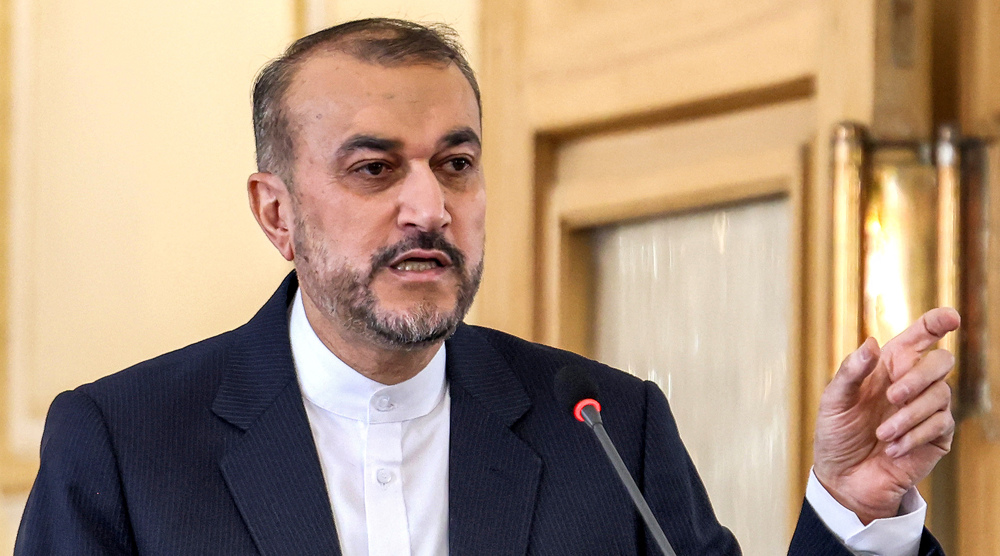



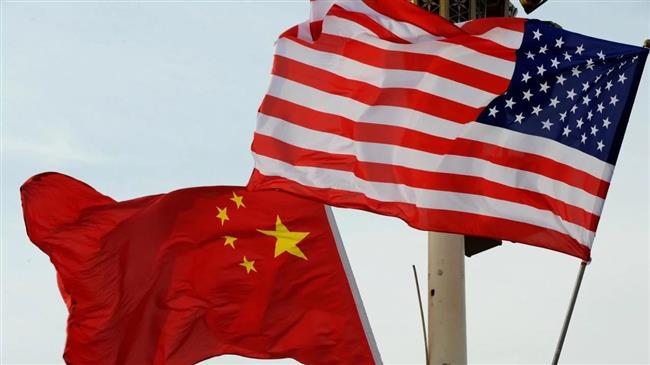
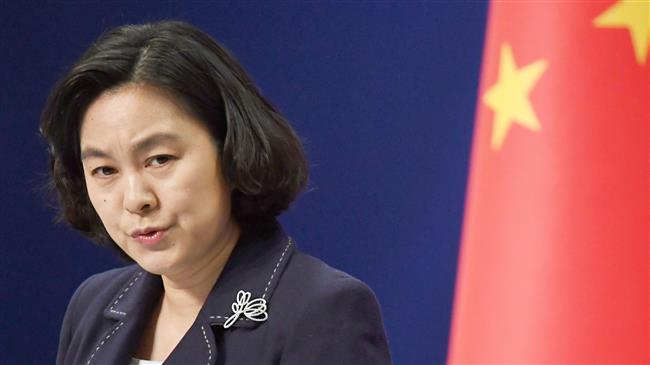

 This makes it easy to access the Press TV website
This makes it easy to access the Press TV website